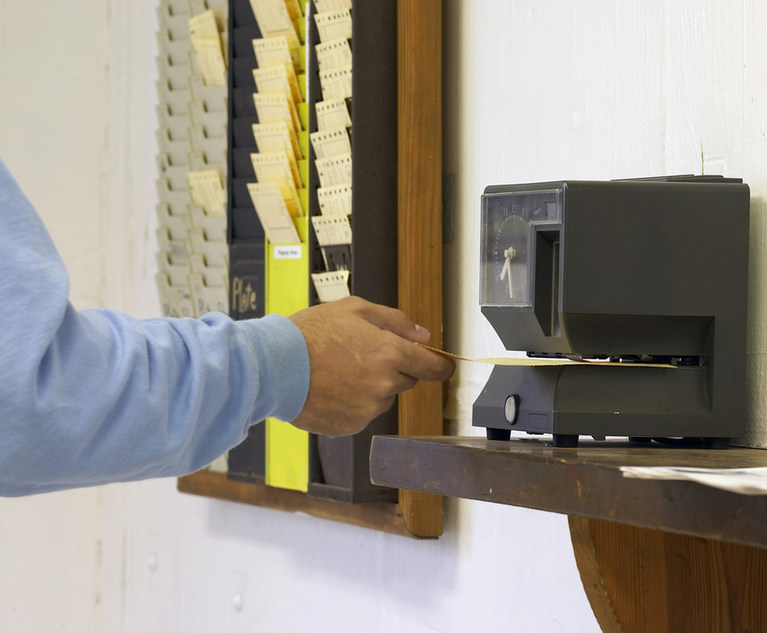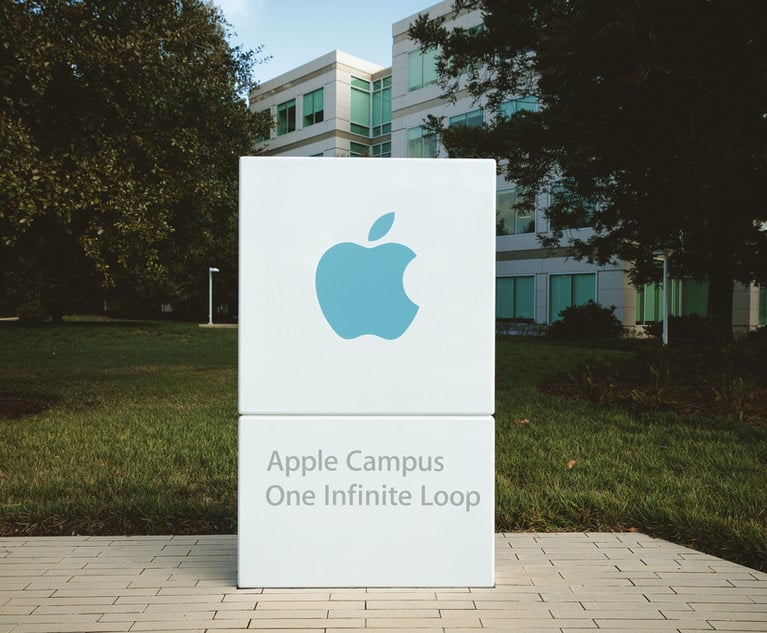Two-factor authentication for state court e-filing was instituted in May of this year. As reported by a judiciary spokesperson at the time, it was designed “to protect those who use the judiciary’s electronic filing systems from a potential cyberattack and to lessen the possibility of a system disruption.” Attorneys expressed concern that this process did not accommodate the reality of how filing is done by many lawyers. In August the judiciary amended the two-factor authentication to allow more than one cell phone and email address to be associated with an attorney, purporting to address the concerns. While this may facilitate having an assistant to the attorney be able to file papers, it still does not fully accommodate situations where the designated person or persons are also not available. To an extent, it remains a cumbersome procedure and removes flexibility to address the various situations that can arise.
E-filing throughout the federal court system and in New York do not yet require this two-step validation. Nonetheless, we recognize security concerns, and that more entities—universities, private companies (including law firms) and others are moving towards a two-step validation process.


 Credit: phonlamaiphoto/stock.adobe.com
Credit: phonlamaiphoto/stock.adobe.com




